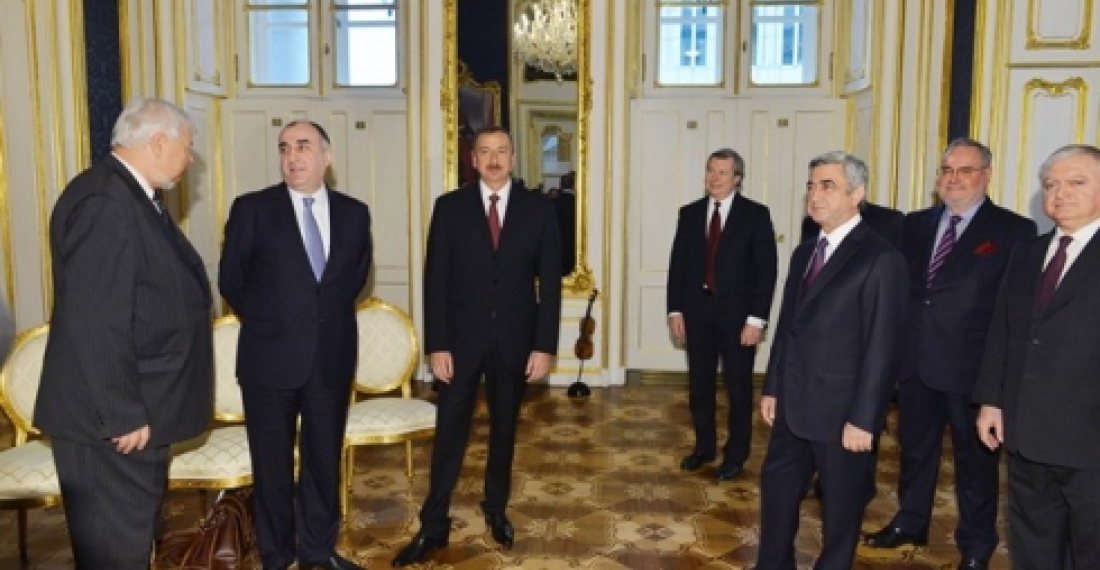По словам сопредседателя от США Минского процесса ОБСЕ, которому поручено содействовать переговорам по урегулированию конфликта вокруг Нагорного Карабаха посла Джеймса Уорлика, есть планы по организации встречи до конца этого года между президентом Армении Сержем Саргсяном и президентом Азербайджана Ильхамом Алиевым. Уорлик сообщил в обширном интервью для армянской службы Голоса Америки (VOA), что детали встречи нужно еще проработать, но он надеется, что президенты смогут встретиться до конца года.
Последняя встреча между двумя президентами состоялась в Вене, в ноябре 2013 года. После этого были и другие встречи на полях крупных международных мероприятий, но как считают наблюдатели, они были в значительной степени символическими. В своем интервью с VOA, посол Уорлик повторил свою обеспокоенность в связи с ухудшением ситуации на линии соприкосновения. По его словам, в то время, как раньше большинство нарушений режима прекращения огня были в результате снайперского огня, то в последние месяцы, они происходят с использованием минометов и артиллерии, в результате чего погибли ряд гражданских. Уорлик подчеркнул, чтобы достичь мирного соглашения должна быть проявлена политическая воля, но также подчеркнул, что мир принесет в регион новую эпоху процветания.
Посол Уорлик также подчеркнул, что сопредседатели Минской группы, которые включают в себя, помимо Соединенных Штатов, дипломатов от России и Франции, поддерживают идею мер доверия между сторонами. Он также подчеркнул, что, несмотря на проблемы в отношениях между США и Россией, сотрудничество в контексте Минской группы остаётся удовлетворительным.
Полный текст интервью посла Джеймса Уорлика армянской службе Голосу Америки (VOA) можно прочитать на сайте службы VOA здесь.
источник: commonspace.eu
Фото: Президент Алиев и Серж Саргсян с сопредседателями Минской группы перед встречей в Вене в 2013 г. (фото из архива).






